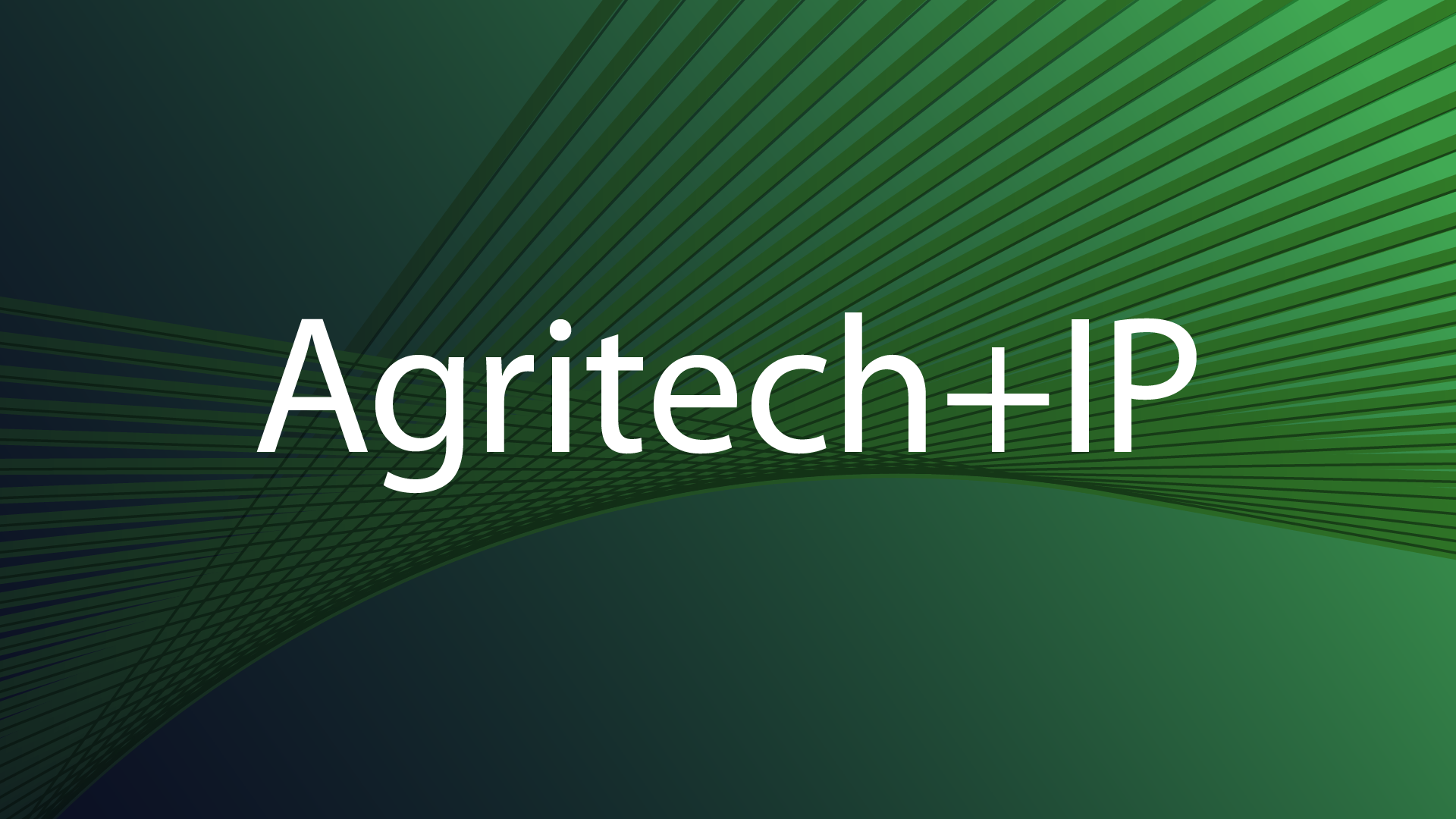Neuigkeiten
Computer implemented invention refused due to „broken technical chain“
Juli 2022
Summary
The Board of Appeal refused an application in the field of pharmaceuticals and computer implemented inventions on the grounds of lack of technical character. The application aimed to help patients stick to the correct dose of medication by interacting with a computer program. The application was originally refused by the Examining Division and the applicant subsequently appealed. But the BoA up held the original decision citing a „broken technical chain“ as one of the reasons for refusal.
The application
A common problem in the field of drug administration is that patients may not comply with prescription instructions leading to overdosage, underdosage, missed days and overall lower efficacy of the medication. The application aimed to overcome this issue though a kit of parts comprising the drug and a computer program which could be run on a mobile phone. The program asked the patient questions which were tailored to the drug being taken. Typical questions centred around food and drink consumption, mood, sleep, use of recreational drugs, stress levels, existing compliance to medication, blood pressure and body weight. The questions were a mix of multiple choice, yes/no, Likert scale and visual analogue scale. Based on the patient’s answers the program would provide feedback including recommendations to improve dosage compliance as well as a visual illustration of past, current and future health predictions to aid in patient motivation. Clinical trials had shown that the applicant’s program was successful in improving patient compliance for the combination of ticagrelor and acetyl salicylic acid in the treatment of acute coronary syndrome. The applicant had also obtained CE certification of their program.
The Law
Article 52(2) of the EPC contains a list of exclusions which are not to be regarded as inventions, including computers programs. There is a caveat to this in that computer programs are only excluded as such meaning that if the computer program has a technical character going beyond the „normal“ physical interactions between the program (software) and the computer (hardware) then it is patentable. The word technical character has never been positively defined by the EPO and purposely so, in order to prevent future technologies which have not been conceived of yet from being excluded from patentability. However, the EPO makes it clear that computer programs themselves do not have technical character.
The Arguments
Claim 1 was a second medical use claim directed to Ticagrelor for use in a treatment of Acute Coronary Syndrome or myocardial infarction, in combination with acetyl salicylic acid and a computer program product. Both drugs and their effects were known at the priority date. Therefore the only distinguishing feature of the application was the computer program. According to the established case law of the boards of appeal, in order to answer the question whether an intrinsically nontechnical distinguishing feature, such as the computer program, contributes to the technical character of the invention, the distinguishing feature should not be considered in isolation. Instead, it should be assessed in light of its interaction with the technical features of the application, namely ticagrelor and acetyl salicylic acid.
The applicant relied on T970/12 which concerned an application for a new formulation of a drug also resulting in improved patient compliance. In T970/12 the patent was granted and so the applicant argued that so too should their application based the same reasoning namely enhanced therapeutic effect due to improved compliance. However the EPO pointed out there were key differences between T970/12 and the applicant’s case, specifically that T970/12 concerned a new formulation of the drug (which is considered technical subject matter) and had nothing to do with computer programs. In T970/12 there was an „unbroken technical chain“ based on the technical effect of the new formulation with fewer side effects. In the present case however, the board stated that any improvement in patient compliance was as a result of a „broken technical chain“ which is conditional on the patient’s mental activities. Similar techniques which are the result of a broken technical chain are already known in the art for improving patient compliance. These include labelling prescriptions with clear directions, encouraging the use of stickers or calendars to remind patients to take medications, providing feedback to patients, establishing a positive relationship with them or rewarding them for taking medications. Whilst the EPO acknowledged that all of the above are good techniques for improving patient compliance, none of the techniques constituted an invention.
The applicant also argued that CE certification was an endorsement of technical effect but the EPO disagreed stating that CE certification bore no relevance to patentability.
This update was prepared by HGF Professional Standards Officer Ed Pullicino.






























